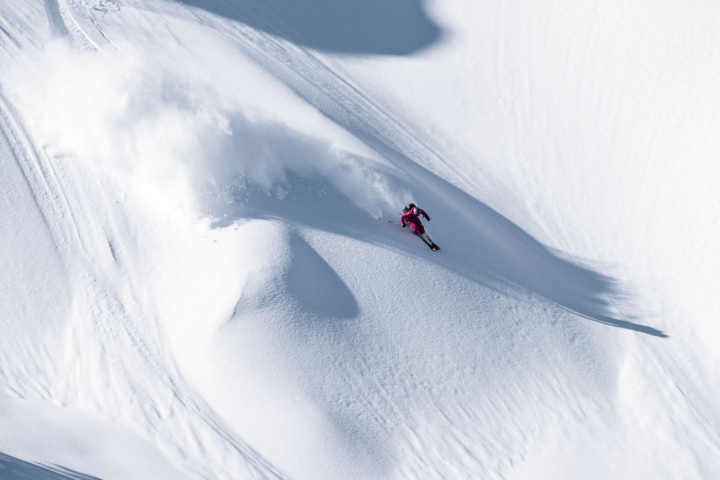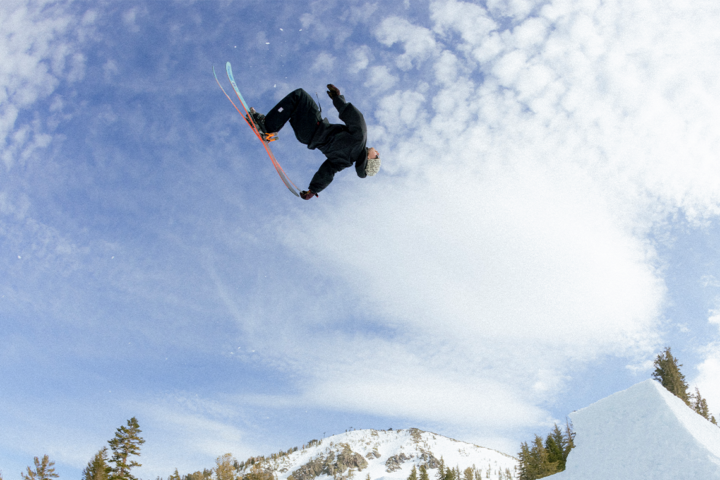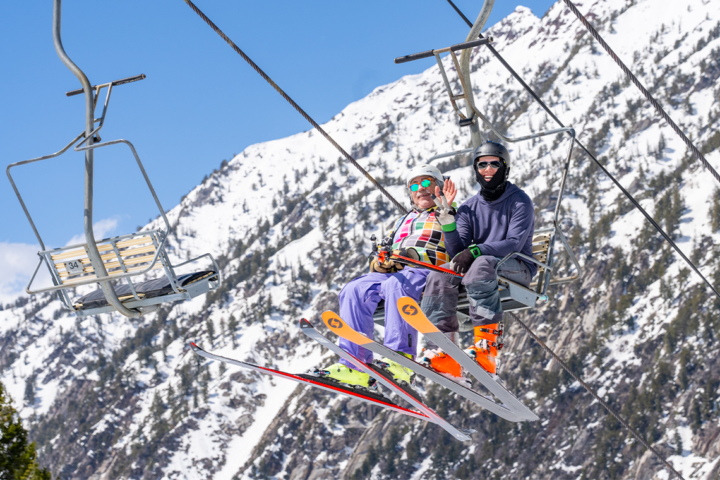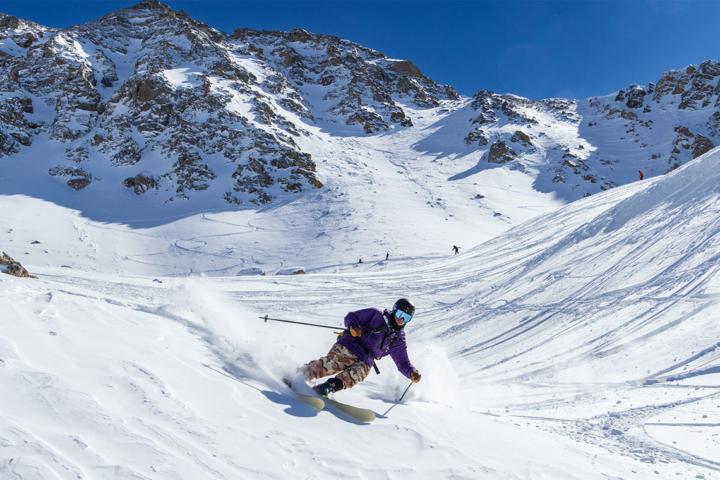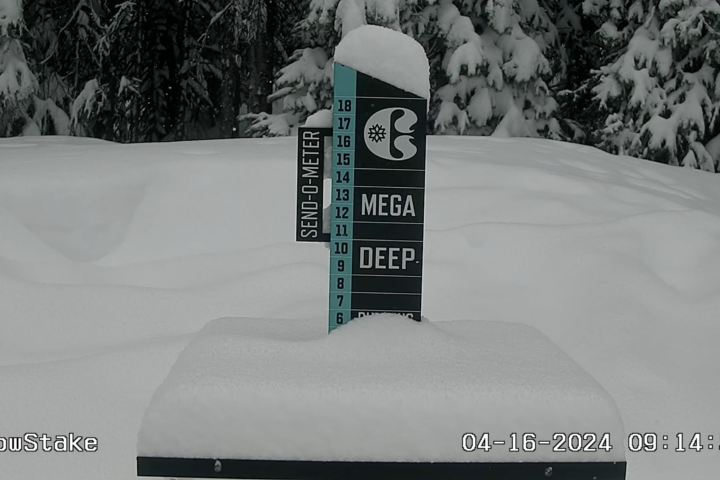Press Release, Tahoe City, CA (July 13, 2012) – The Association of Freeskiing Professionals (AFP) sanctions freeskiing events across the globe based on criteria outlined in the AFP’s Sanctioning Packet. After reviewing applications from event organizers, the AFP awards each event a sanctioning level ranging from Platinum to Bronze. Sanctioning requirements consist of elements such as prize money, course design, level of competition, judge’s panel, event dates and media coverage that are implemented to bring a consistency and fairness to the hundreds of freeskiing events held worldwide. The sanctioning levels help athletes, coaches, media, sponsors and parents plan their competition schedule based on this information.
“At our annual meeting earlier this summer, event sanctioning was a topic that we spent a lot of time discussing,” said AFP President Chris Schuster, “not only are we trying to be fair and consistent with our sanctioning levels during the application process, but we also need to be fair with the AFP World Ranking points that we award to the athletes competing in these events. Our ranking system, and the distribution of ranking points, is based not only on an event’s sanctioning level, but also on the strength of the start list. This is critical to producing a fair, equitable and unbiased World Rankings,” Schuster continued. “If a Gold Level event attracts a majority of the top 20 athletes in the world, that’s a competitive field, and those athletes should earn points that reflect the strength of the field they competed against. Conversely, if the start list of another Gold Level event isn’t as strong based on current AFP Rankings, fewer points will be awarded as those athletes didn’t compete against the same caliber of athletes,” concluded Schuster.
As a growing organization the AFP is constantly looking for ways to improve and enhance the level of service and value they bring to the athletes and sport of freeskiing. The organization relies on its athlete members, Advisory Board members, media and industry partners to communicate where and how the AFP can best assist and influence the direction of the sport while ensuring its progression and growth. The areas of sanctioning and rankings points were one of those areas that were addressed this offseason.
“The ranking system is our single biggest asset,” states AFP Executive Director Eric Zerrenner, “so its imperative that we constantly evaluate and adjust it when needed. This is particularly relevant now, as we enter the Olympic Qualifying Period and the possibility of adding FIS World Cups to the AFP World Tour calendar. Some of the World Cups, like the US Grand Prix, have been on the AFP World Tour for years,” continues Zerrenner, “so it’s easier to evaluate their application and award the appropriate sanctioning level based on that history.”
Currently there are eight FIS World Cup events scheduled for the 2012/13 season in either Halfpipe, Slopestyle or both. Of these, only New Zealand Winter Games and the US Grand Prix at Copper have previously held AFP sanctioning. The opportunity to include six new events at the World Cup level on the AFP World Tour calendar is exciting, and also includes some additional challenges when it comes to the level of sanctioning.
“Some of the World Cups that we have received sanctioning applications for are new events to the AFP and our members,” Zerrenner comments. “We are excited and humbled that these World Cups are seeking AFP sanctioning – we feel it’s a testament to the value an AFP sanctioning brings to an event,” continues Zerrenner. “Working with the respective event and sport organizers has been great and we are excited at the possibility of including these events in our calendar, we just need to be diligent in our sanctioning decision with unfamiliar events.”
Events that meet AFP’s stated sanctioning requirements will typically be awarded the associated level of sanctioning. Within that level of sanctioning, there is a range of points that athletes can earn based on their results at that events. At the conclusion of an event, results will be entered into AFP’s proprietary ranking formula that evaluates the strength of the field based on AFP’s 52-week ranking of each competing athlete. This will determine the level of points available for that event and points will be distributed to the competing athletes accordingly.
“With our refined formula for awarding Ranking Points, we can maintain a fair and equitable way of distributing rankings points based on the athletes that decide to compete in these events,” added Schuster. “This way, the athletes will dictate the level, or amount, of AFP points that can be earned at a single event. And ultimately that’s how it should be,” concluded Schuster.

Enjoy Freeskier on the go. Download the refined version 2.0 of our iPhone and iPad app for easy access to the latest news, photos, videos, snow reports, gear reviews, games and more.
